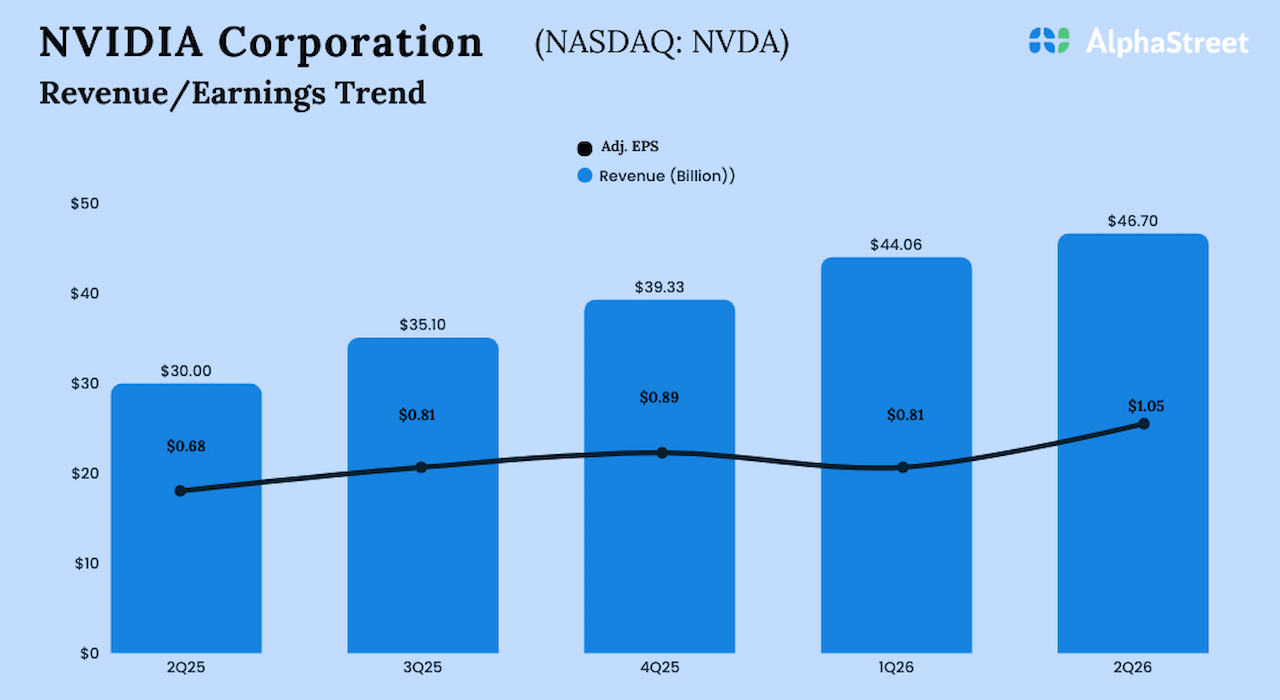A version of this story was first published by our sister publication, AsianInvestor.
Institutional investors are not impressed by Chinese regulators’ recent move to largely expand the number of eligible stocks under a China-Hong Kong stock trading link.
The remarks came after Hong Kong’s Securities and Futures Commission (SFC) and the China Securities Regulatory Commission (CSRC) jointly announced in December the expansion of stocks eligible for trading under the eight-year-old Mainland-Hong Kong Stock Connect, which will come into effect in about three months.
“I think it looks good on paper and I’m definitely in support of the stock exchanges and regulators between China and Hong Kong making this more eligible. But I think the difference [made to daily trading volume] will be very minimal,” Ronald Chan, chief investment officer at Chartwell Capital, told AsianInvestor. Chartwell Capital serves asset owner clients with its strategies focusing on Hong Kong equities.
Ronald Chan,
Chartwell Capital
The recent expansion will give investors more choices in both A shares in northbound trading, and Hong Kong stocks in southbound trading, by lowering market capitalisation requirements. As a result, about 1,000 more small and mid-cap companies in A shares will be added to the northbound trading, on top of the current 1,500 eligible companies.
For institutional investors, southbound and northbound trading are both dominated by the top 100 companies because of issues such as liquidity, Chan noted.
Southbound has been stably accounting for around 30% of Hong Kong’s daily trading volume, without large fluctuation up or down in the past. Clients just won’t look at small and mid-cap names even though they are included in the expanded Stock Connect, Chan said.
Size still matters
One can see the same phenomenon northbound, noted Hyde Chen, chief investment officer of private wealth management at Haitong International.
Before the new rule, the scheme already covered over 80% of the market capitalisation of A shares.

Hyde Chen,
Haitong International
“With the recent expansion, some smaller names may attract some investors. But as far as I know, for overseas institutional investors, even though they are paying more attention to A shares, they can’t spare enough time to look at all of the over 5,000 stocks,” Chen told AsianInvestor.
“At the end of the day, they, or most funds, can still only invest in dozens of top names, or those in the CSI 300. To add a long tail on top of that is good news, but won’t have a significant impact on the overall market movement,” he added.
Overseas investors’ interest in A shares is more about the macro environment, global capital flow driven by inflation and interest rates, and their overall allocation to China, Chen said.
Also read: Chinese stocks outlook 2023: Treading carefully amid fragile sentiment
Macro environment aside, the real game changer for northbound will be when overseas investors can, for example, participate in initial public offerings (IPOs) in the mainland, he said.
The new rule will also expand southbound trading to allow mainland investors to invest in foreign companies with primary listings in Hong Kong that are constituents of the Hang Seng Composite Indices. Six foreign companies, including Prada and L’Occitane International, are expected to be eligible.
For southbound, most mainland investors prefer Chinese companies listed offshore rather than the limited number of foreign companies they will now have access to. Prada, for example, was not popular among investors before the expansion anyway, Chen said.
In 2017, Swiss mining giant Glencore withdrew its listing from Hong Kong due to low trading volume.
All inclusive
Most offshore-listed Chinese companies are primarily listed in the US, while some are secondary-listed in Hong Kong, including Alibaba, Baidu, Xiaomi, JD.com, and Trip.com. According to current rules, secondary-listed companies are not eligible for cross-border trading.
“It will be a stronger driver to the market if they are included in Stock Connect in the future,” Chen said.
In response to AsianInvestor, a spokesperson for Hong Kong Exchanges and Clearing (HKEX) noted that new listing rules effective since January 2022 “enhance and streamline” the listing regime for overseas issuers, allowing certain Greater China companies listed in Hong Kong to become dual primary-listed.
“Since then, we have seen more secondary-listed stocks with weighted voting rights having recently converted to or preparing to convert to a primary listing,” the spokesperson said.
For example, Alibaba’s planned conversion is underway, while Bilibili completed the shift in October 2022. The move will help them get more liquidity from Stock Connect.
“We look forward to continuing to work closely with our exchange partners and other stakeholders to further expand and enhance our landmark mutual market access programmes, supporting their continued attractiveness to both mainland Chinese and international investors,” the spokesperson said, without commenting on secondary listing companies’ inclusion into Stock Connect.
International presence
As HKEX chief executive officer Nicolas Aguzin laid out in the announcement, HKEX thinks it is a “game changer” by including international companies primarily listed in Hong Kong to the Stock Connect: “Hong Kong will be the only international listing venue where international companies will have direct access to mainland China’s vast pool of domestic investors,” the spokesperson said.
Echoing the view, Marvin Chen, senior equity strategist at Bloomberg Intelligence, thinks the broadening access for investors in both directions of Stock Connect comes at an opportune time, when sentiment on Chinese equities is healing as China reopens to the world.
Also read: Market Views: How investors can tap China’s reopening

Marvin Chen,
Bloomberg Intelligence
“For southbound investors, while initially there may just be a handful of international stocks eligible for trading under the expansion, it can help boost Hong Kong as a listing destination if companies wish to appeal to mainland investors,” Chen told AsianInvestor.
For northbound trading, a broader and deeper selection of A shares can help global investors align better with many of China’s long-term policy-driven sectors, such as green energy, industrialization, consumption premiumization, and technology, Chen said, adding “Many of these sectors are underrepresented in the offshore market.”
The expansion will help net inflows on both sides of the Stock Connect. But there will be a more visible boost for the northbound trading as sentiment on China normalises, Chen said.
Northbound net buying totalled 90 billion yuan ($13.3 billion) in 2022, the lowest since 2016, as China risks mounted.
“We think northbound net flows can recover to a more normalised pace of 200 to 400 billion yuan this year as China reopens and more A shares are available for trading,” Chen said.
This story has been updated to clarify Bilibili converted its secondary listing in Hong Kong to dual-primary in October 2022.
¬ Haymarket Media Limited. All rights reserved.






































